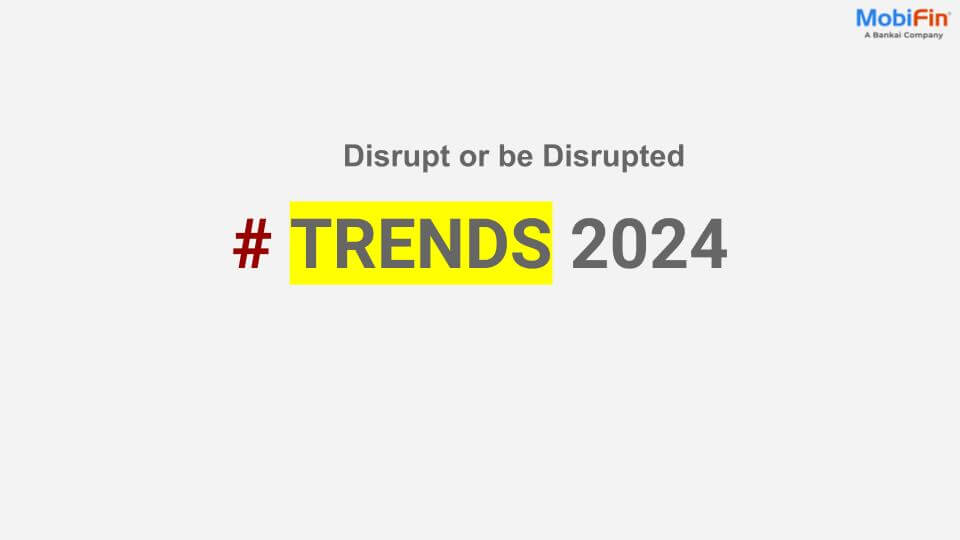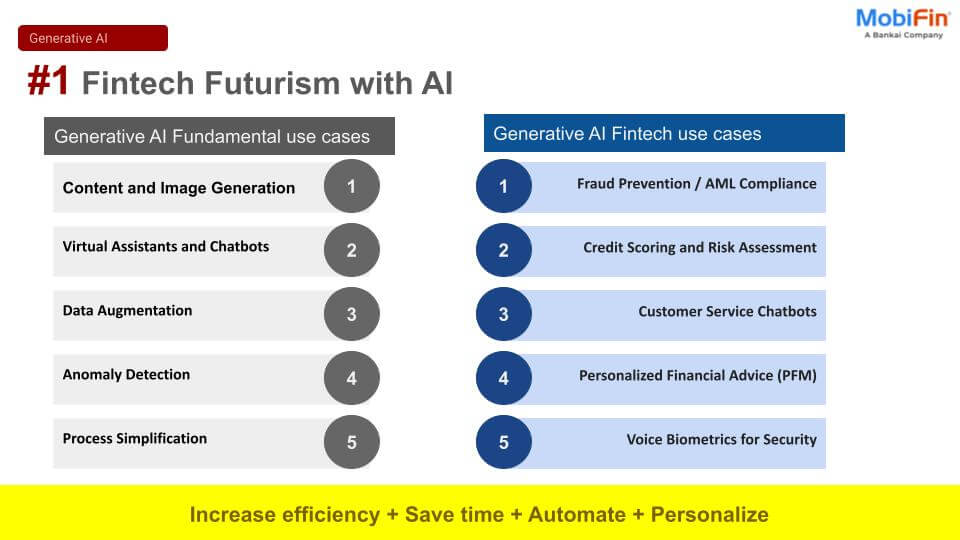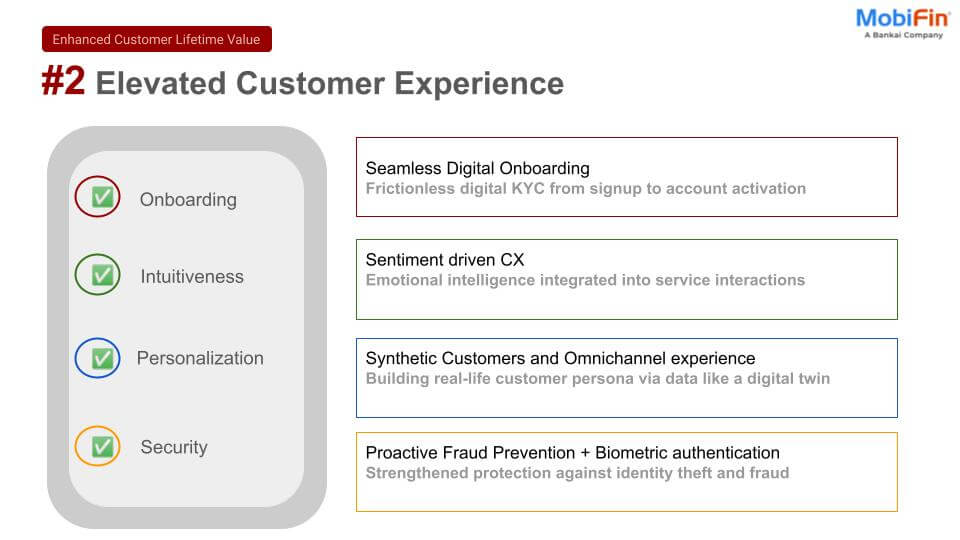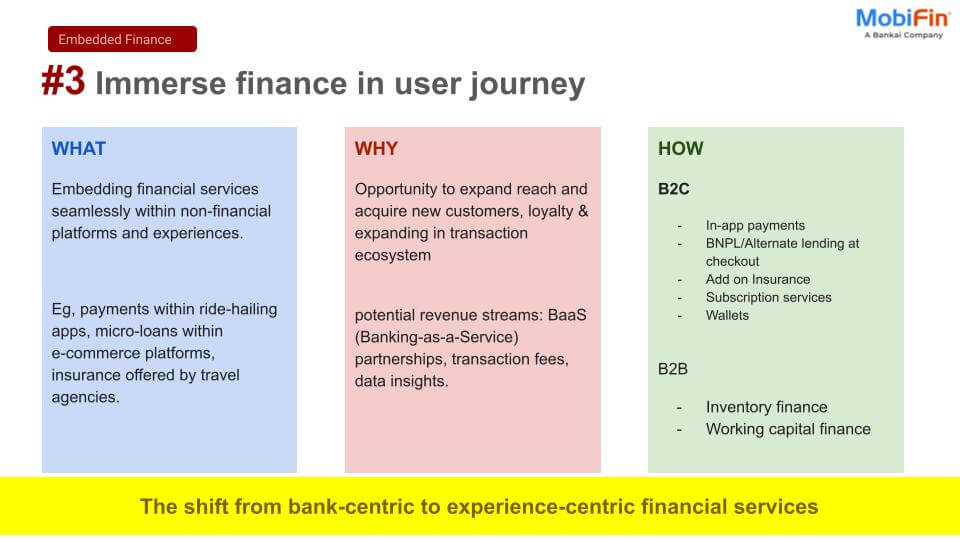The agency banking revolution: Country-by-country analysis
Tanzania: leading the charge
Tanzania has emerged as a powerhouse in the agency banking arena, setting the pace for the rest of the continent. By 2022, the country boasted an impressive network of over 1.2 million active agents – a number that has continued to grow into 2024. This expansive network has had a profound impact on financial inclusion, bringing banking services to the doorsteps of millions of Tanzanians. The Bank of Tanzania’s decision to relax eligibility criteria for agents in 2020 proved to be a game-changer.
By allowing individuals with just a National ID to become agents, the policy opened the floodgates for agent recruitment and significantly enhanced service accessibility. This forward-thinking approach has paid dividends, with customer deposits skyrocketing to TZS 27.5 trillion by the end of 2021 – a robust 17.1% growth from the previous year.
Malawi: Focusing on rural empowerment
While specific data on agent numbers in Malawi is limited, the country has made significant strides in leveraging agency banking to reach underserved populations. NBS Bank’s Pafupi Savings account, launched in 2020 and targeting rural women, has been a standout initiative. This program has continued to grow through 2024, playing a pivotal role in expanding financial access to traditionally marginalized groups.
The steady increase in the number of agents across Malawi reflects a growing recognition among banks of the critical role agency banking plays in bridging the financial inclusion gap. As we move further into 2024, it’s clear that Malawi’s financial institutions are doubling down on their commitment to this transformative model.
Uganda: Mobile money synergy
Uganda’s journey in agency banking is intrinsically linked to its thriving mobile money ecosystem. The synergy between these two sectors has propelled Uganda’s financial inclusion rate from 59% in 2020 to approximately 65% by 2022 – a testament to the power of digital financial services. By 2023, Uganda had cultivated a robust network of around 200,000 agents, facilitating millions of transactions across the country.
This growth has been particularly impactful in rural areas, where traditional banking infrastructure is often lacking. The Ugandan experience underscores the potential of agency banking to leapfrog conventional financial services models and bring banking to the masses.
Ghana: Empowering local entrepreneurs
Ghana’s approach to agency banking has centered on empowering local entrepreneurs to become financial service providers. By 2022, the country had established a formidable network of over 50,000 active agents, many of whom were linked to mobile money services. This model has effectively transformed local shops into mini-banks, offering essential services like account opening and bill payments.
The impact on financial inclusion has been substantial. By bringing banking services to communities that were previously underserved, Ghana has made significant strides in reducing the unbanked population. As we look towards the latter half of 2024, the continued growth of Ghana’s agent network promises to further democratize access to financial services.
Mozambique: A late bloomer with potential
Mozambique’s agency banking sector began to gain momentum post-2020, with several banks deploying agents across urban and rural areas by 2023. While the country may be a relative latecomer to the agency banking revolution, it’s making up for lost time with enthusiasm and regulatory support.
The Central Bank of Mozambique has been instrumental in encouraging agency banking initiatives, recognizing their potential to improve access for underserved populations. As Mozambique continues to develop its agency banking framework, it stands to benefit from the lessons learned by its African counterparts, potentially leapfrogging some of the challenges faced by early adopters.
South Africa: leveraging retail networks
South Africa’s approach to agency banking has been characterized by strategic partnerships between banks and retailers. By 2022, this model was evolving rapidly, with financial institutions leveraging existing retail networks to expand their reach. This strategy has allowed South Africa to tap into established infrastructure, potentially accelerating the rollout of agency banking services.
Despite having one of the most advanced banking sectors on the continent, South Africa still faces challenges in reaching lower-income groups. Agency banking is increasingly viewed as a solution to bridge this gap, offering a more accessible and less intimidating entry point to formal financial services for many South Africans.
Ethiopia: A new frontier
Ethiopia’s journey into agency banking began in earnest in 2020 when the country opened its financial sector to private banks and fintech companies. This shift marked a significant departure from previous policies and aimed to enhance financial inclusion in a country where traditional banking infrastructure is limited.
By 2023, several banks had deployed agents across urban and rural areas, offering essential services to previously underserved communities. As Ethiopia continues to liberalize its financial sector, the growth of agency banking is expected to accelerate, potentially transforming the country’s financial landscape in the coming years.
Nigeria: Explosive growth and innovation
Nigeria’s agency banking sector has experienced explosive growth since 2020. Giants like Access Bank and FirstBank have led the charge, with Access Bank reporting the addition of approximately 4.46 million new customers through its agents within just two years. FirstBank, meanwhile, saw a staggering 167% growth in annual agency banking transaction value, reaching approximately $16.2 billion in 2020.
The Nigerian experience also highlights the role of fintech companies in driving innovation within the agency banking space. Companies like OPay were processing up to $2 billion monthly by late 2020, demonstrating the massive potential of this sector. As we move through 2024, both traditional banks and fintech players continue to expand their agent networks, promising even greater financial inclusion in Africa’s most populous nation.
Comparative insights and future outlook
As we compare the evolution of agency banking across these eight African countries, several key trends emerge:
- Scale of networks
Tanzania leads the pack with over 1.2 million agents, while countries like Uganda and Ghana have also built substantial networks of 200,000 and 50,000 agents, respectively. This scale is crucial for achieving meaningful financial inclusion.
- Transaction volumes
Countries like Tanzania and Nigeria have seen remarkable increases in transaction values linked to agency banking, indicating growing trust and adoption among consumers.
- Regulatory support
Across the board, supportive regulatory frameworks have been crucial in fostering the growth of agency banking. Tanzania’s policy changes, in particular, have been transformative in accelerating agent recruitment.
- Technological integration
The synergy between mobile money services and agency banking, particularly evident in Uganda and Ghana, has been a key driver of growth and adoption.
- Focus on underserved
From Malawi’s initiatives targeting rural women to Ethiopia’s efforts to reach the unbanked, there’s a clear focus on using agency banking to serve marginalized communities.
Conclusion
The evolution of agency banking across these African nations from 2020 to 2024 paints a picture of a continent embracing financial innovation to drive inclusion. While each country has its unique challenges and approaches, the overarching trend is clear agency banking is transforming the financial landscape of Africa, bringing formal financial services to millions who were previously excluded.
As we look to the future, the continued growth and refinement of agency banking models promise to further democratize access to financial services across the continent. The success stories from countries like Tanzania and Nigeria serve as beacons for others, highlighting the transformative potential of this innovative approach to banking.
Moving forward, continued investment, innovation, and collaboration in this space will be crucial to unlocking the full potential of Africa’s financial future. For financial institutions, policymakers, and fintech innovators, the message is clear agency banking represents a powerful tool for driving financial inclusion and economic empowerment across Africa.








